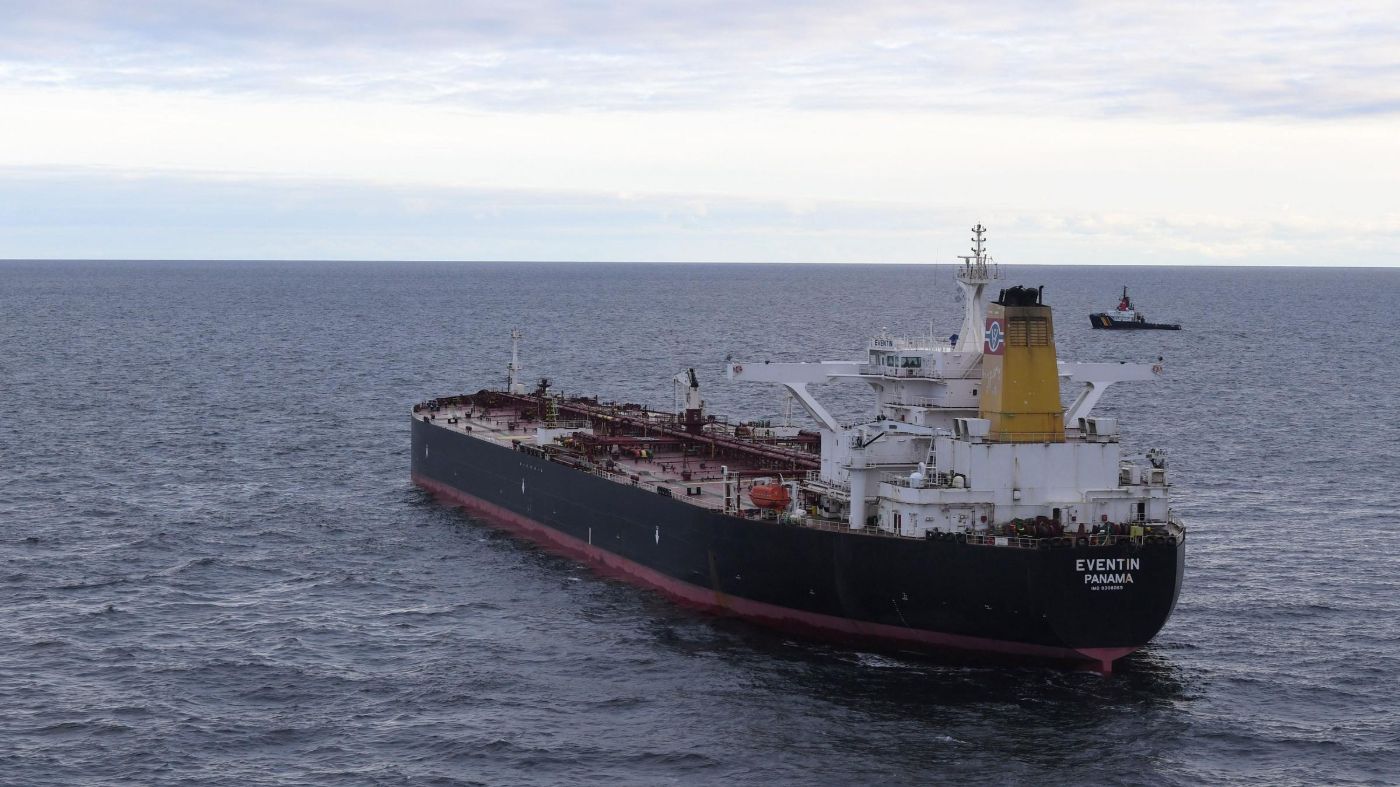Political demands
Policy recommendations to enhance the protection, coordination, and legal frameworks for submarine cable security.
1. Communicate: Establish Robust International Coordination and Transparency
- Demand: Governments must improve international collaboration to monitor, report, and respond to submarine cable incidents. This includes creating mechanisms for real-time information sharing between nations, private cable operators, and international organizations.
- Rationale: Effective coordination is critical to detect and attribute sabotage or accidental damage quickly. The fragmented legal and regulatory frameworks currently complicate accountability, especially in international waters. Enhanced transparency can deter adversaries by increasing the likelihood of exposure and collective response (cf. Carnegie Endowment, 2024, p. 1) (cf. NATO, 2023, p. 2) (cf. Capacity Media, 2023, p. 7).
2. Protect: Strengthen Physical and Cybersecurity Measures
- Demand: Policymakers should invest in advanced surveillance technologies (e.g., underwater drones, electronic monitoring systems) and deploy naval resources to safeguard critical undersea infrastructure. Additionally, landing stations and data transmission systems should be fortified against cyberattacks.
- Rationale: Submarine cables are vital for global communications, handling over 95% of internet traffic. NATO’s initiatives, such as the Critical Undersea Infrastructure Coordination Cell, highlight the importance of physical protection measures in high-risk areas. Cybersecurity enhancements, including end-to-end encryption and quantum-resistant algorithms, can counter espionage threats (cf. Carnegie Endowment, 2024, p. 1) (cf. Center for Maritime Strategy, 2023, p. 5) (cf. European Commission, 2023, p. 17).
3. Defend: Develop Legal and Deterrence Frameworks
- Demand: Governments should advocate for international legal reforms to address gaps in the protection of submarine cables. This includes establishing clear accountability for sabotage in international waters and enabling punitive measures against state or non-state actors responsible for such actions.
- Rationale: Current international laws, such as UNCLOS, fall short in addressing modern hybrid warfare scenarios, particularly with non-state actors or ambiguous “grey-zone” tactics. Strengthened legal frameworks combined with deterrence strategies—like sanctions or military responses—are essential to discourage malicious activities targeting critical infrastructure (cf. Sybil Journal, 2023, p. 3) (cf. Carnegie Endowment, 2024, p. 6) (cf. Atlantic Council, 2023, p. 9).



